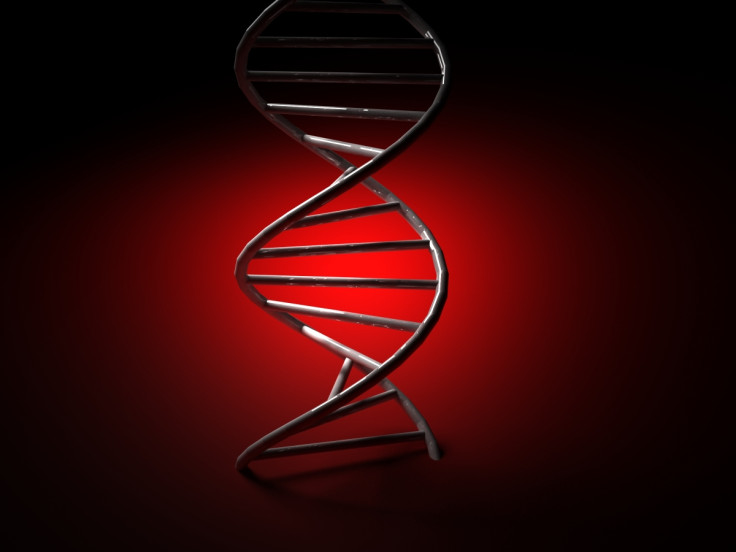First Living Being Created With 'Alien' DNA Not Found in Nature

Scientists at the Scripps Research Institute (TSRI) in California have created a living organism that is made of DNA, researchers say, not found in nature.
The newly created being is a bacterium and is able to replicate its unnatural genetic material.
"Life on Earth in all its diversity is encoded by only two pairs of DNA bases, A-T and C-G, and what we've made is an organism that stably contains those two plus a third, unnatural pair of bases," lead researcher Floyd E Romesberg said in a statement.
The breakthrough achievement published in the 7 May issue of the journal Nature gives hope to researchers about future applications, such as in making medicines that cannot be produced by using cells with only natural genetic code.
"This shows that other solutions to storing information are possible and, of course, takes us closer to an expanded-DNA biology that will have many exciting applications—from new medicines to new kinds of nanotechnology," Romesberg said.
Scientists conducted their research in a test tube in which they added the unnatural base pairs to the genetic code of the common bacterium E coli.
While the E Coli cells were able to replicate the DNA containing the artificial genetic letters in vitro, the challenge was to get the cells working in the much more complex environment of a living cell, according to the lead author of the report, Denis A Malyshev.
To do so, researchers supplied artificial molecular building blocks to the cells via a transporter made by a species of microalgae.
"That was a big breakthrough for us—an enabling breakthrough," said Malyshev.
Researchers said the next step of their study would be to demonstrate the in-cell transcription of the new, expanded-alphabet DNA into the RNA (Ribonucleic acid) that feeds the protein-making machinery of cells.
"In principle, we could encode new proteins made from new, unnatural amino acids—which would give us greater power than ever to tailor protein therapeutics and diagnostics and laboratory reagents to have desired functions," Romesberg said.
However, researchers noted that the greatest hurdle in their study would be "reassuring to those who fear the uncontrolled release of a new life form."
© Copyright IBTimes 2025. All rights reserved.




















